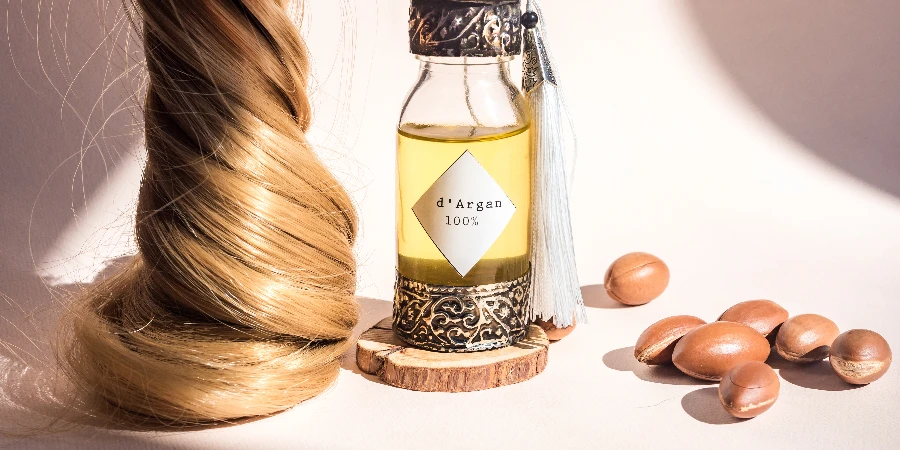Argan oil, often hailed as ‘liquid gold,’ is a natural elixir that promises a multitude of benefits for hair and skin. Extracted from the kernels of the argan tree native to Morocco, this oil has been a beauty staple for centuries. Its unique properties and versatility make it a cherished ingredient in the beauty industry. Let’s explore what makes argan oil a must-have in your beauty regimen.
Table of Contents:
– What is argan oil?
– Does argan oil work?
– Benefits of argan oil
– Side effects of argan oil
– How to use argan oil
– Top trendy products that contain argan oil
What is argan oil?
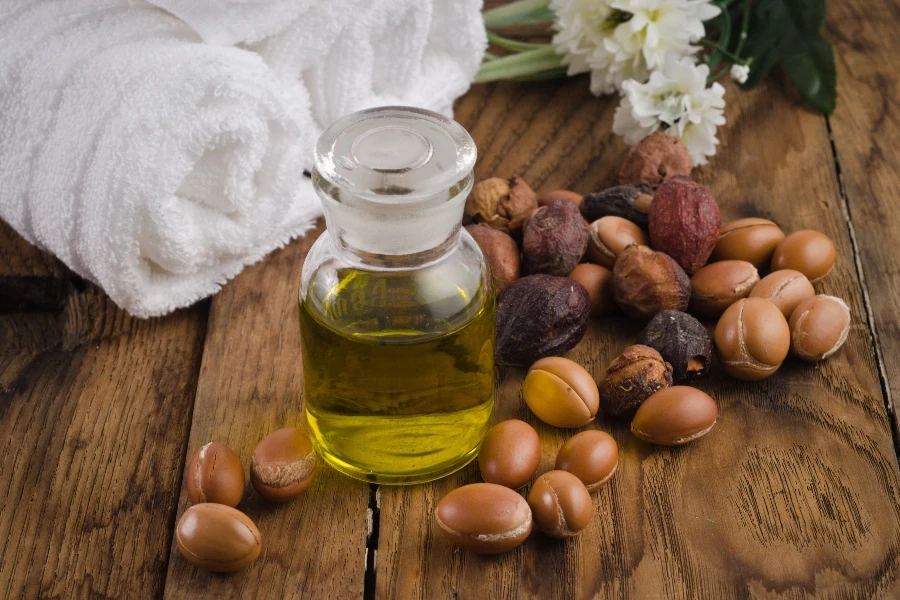
Argan oil is derived from the fruit of the Argania Spinosa tree, indigenous to Morocco. The process of extracting argan oil is meticulous, involving the drying, de-pulping, and cracking of the argan nut to reach the precious oil-rich kernels inside. This labor-intensive method, often performed by local women’s cooperatives, contributes to the oil’s value and rarity. Rich in essential fatty acids, antioxidants, and vitamin E, argan oil’s composition is what makes it so beneficial for hair and skin care.
The uniqueness of argan oil lies not only in its origin but also in its chemical makeup. Oleic and linoleic acids, which make up a significant portion of argan oil, are known for their moisturizing properties and support in maintaining healthy skin and hair. Moreover, its antioxidant component, mainly vitamin E, offers protection against environmental damage and aging, making argan oil a holistic beauty solution.
Does argan oil work?
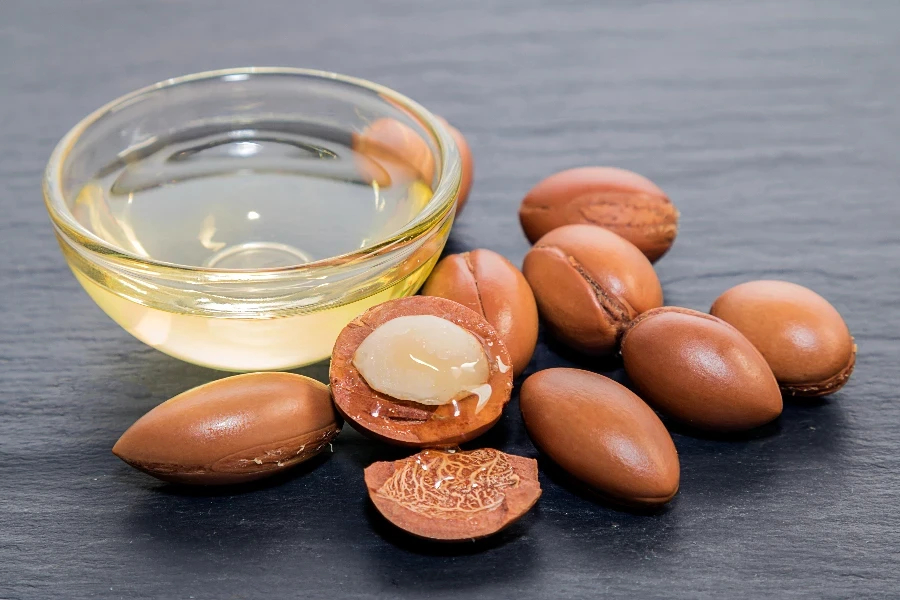
The efficacy of argan oil in beauty care is supported by both anecdotal evidence and scientific studies. Its high concentration of essential fatty acids and antioxidants can help improve skin hydration, elasticity, and hair health. For instance, the linoleic acid in argan oil is known to reduce inflammation and moisturize the skin, while oleic acid can improve skin permeability and assist in other skin and hair care ingredients’ absorption.
Research indicates that argan oil can effectively moisturize the skin and improve skin elasticity, making it a valuable anti-aging product. Additionally, its antioxidant properties help neutralize free radicals, protecting the skin from environmental damage such as pollution and UV radiation. For hair, argan oil has been shown to make hair softer, silkier, and shinier, acting as an ideal hair conditioner.
Benefits of argan oil
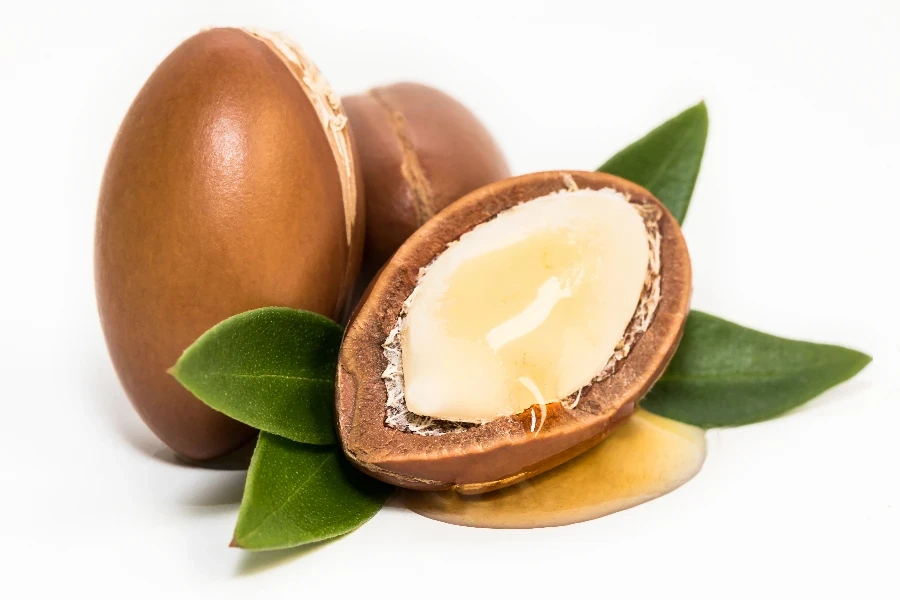
The benefits of argan oil are extensive, ranging from skin hydration to hair revitalization. Its moisturizing properties make it ideal for dry skin conditions, such as eczema and psoriasis, by providing much-needed hydration and reducing inflammation. Argan oil also promotes skin elasticity and has anti-aging effects, thanks to its antioxidant content, helping to minimize fine lines and wrinkles.
For hair, argan oil is a miracle worker. It can tame frizz, promote shine, and improve hair texture, making it a popular ingredient in shampoos, conditioners, and hair treatments. Additionally, argan oil’s ability to repair damaged hair and protect it from heat styling and environmental stressors makes it a staple in hair care routines.
Side effects of argan oil
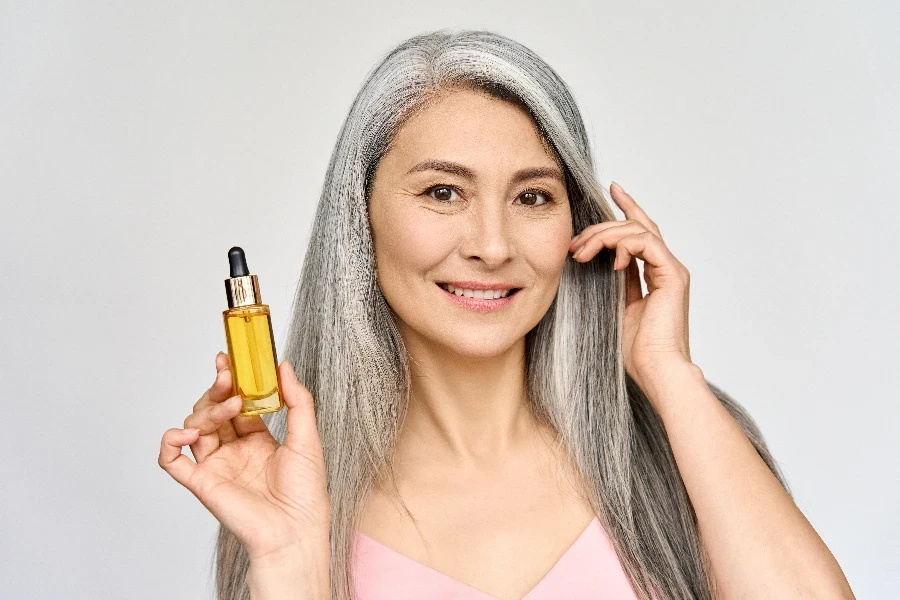
While argan oil is generally safe for most people, some may experience allergic reactions, especially those with nut allergies. It’s important to conduct a patch test before incorporating argan oil into your beauty regimen fully. Applying a small amount on the inside of your arm and waiting for 24 hours can help ensure you don’t have an adverse reaction.
In rare cases, argan oil may cause skin irritation or breakouts in individuals with very sensitive skin or those prone to acne. This is typically due to the oil’s oleic acid content, which can be comedogenic for some skin types. If you experience any negative side effects, discontinue use and consult a dermatologist.
How to use argan oil
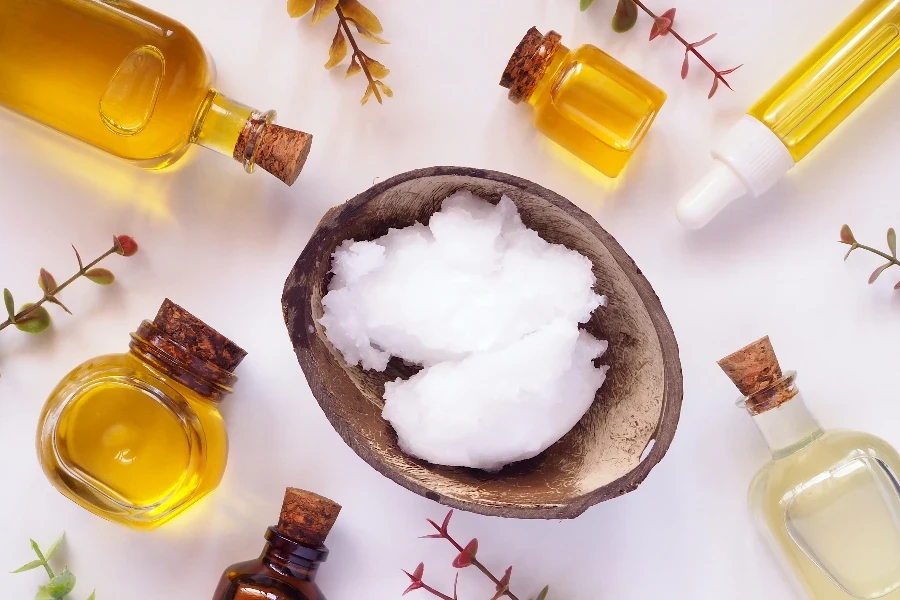
Incorporating argan oil into your beauty routine is straightforward. For skin, you can apply a few drops directly to your face as a moisturizing serum, either in the morning or at night. Mixing argan oil with your favorite lotion can also enhance its hydrating effects. For hair, you can use argan oil as a leave-in conditioner by applying a few drops to damp hair, focusing on the ends, or as a hair mask by applying it generously from roots to tips and leaving it on for at least 30 minutes before washing.
Argan oil can also be used as a cuticle oil to promote healthy nail growth or added to bath water for an extra luxurious and moisturizing soak. Its versatility makes it an invaluable addition to any beauty routine.
Top trendy products that contain argan oil
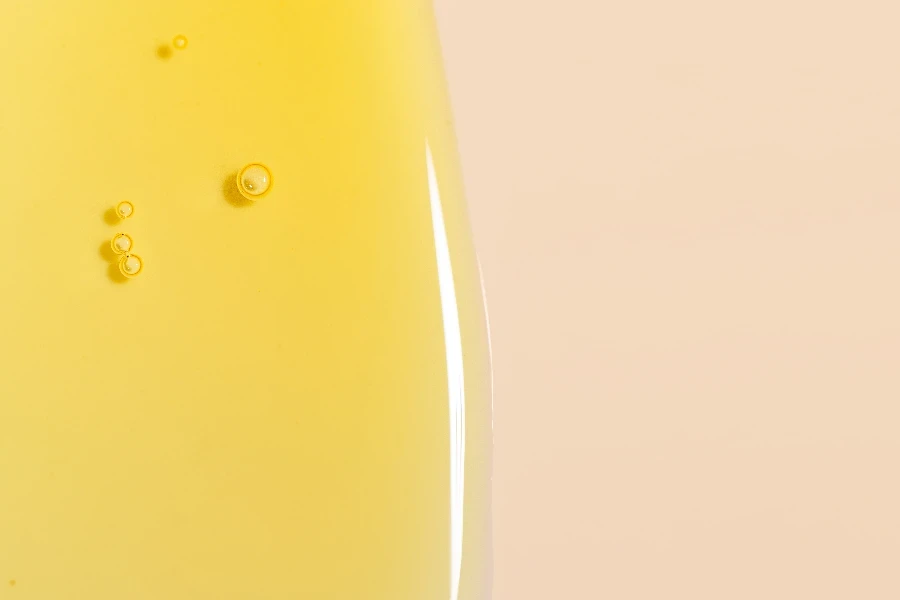
The popularity of argan oil has led to its inclusion in a wide range of beauty products. Some of the trendiest argan oil-infused products include hair treatments and masks, designed to restore and nourish damaged hair, and facial oils and serums that promise glowing, hydrated skin. Argan oil-based body lotions and creams are also popular, offering deep hydration and softness without a greasy residue.
In addition to these, argan oil is a key ingredient in many lip balms and glosses, providing essential moisture and a subtle shine. Even makeup products, such as foundation and blush, have begun to incorporate argan oil for its hydrating benefits and ability to create a smooth, dewy finish.
Conclusion: Argan oil is a versatile and effective natural beauty product that offers a range of benefits for skin and hair. Its unique composition, rich in essential fatty acids and antioxidants, makes it a valuable addition to any beauty routine. While side effects are rare, it’s important to test for allergies before full use. With the wide array of argan oil-infused products available, incorporating this ‘liquid gold’ into your beauty regimen has never been easier.
